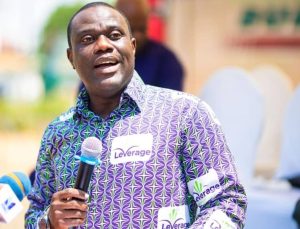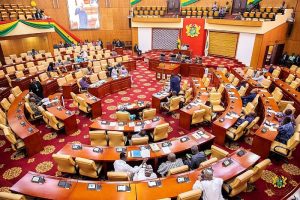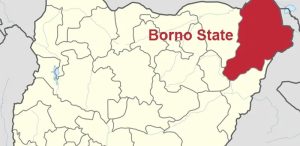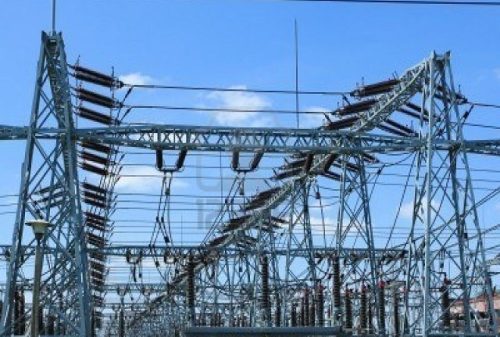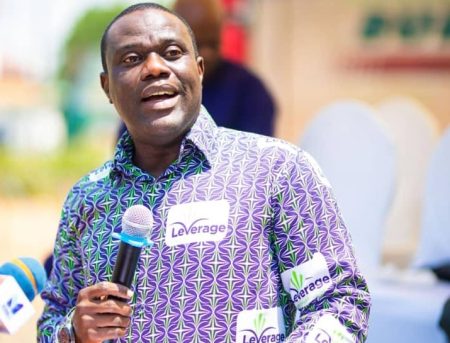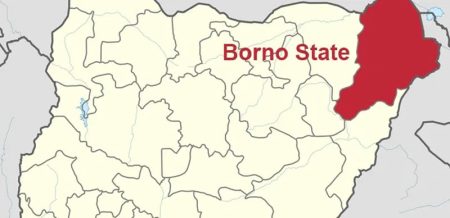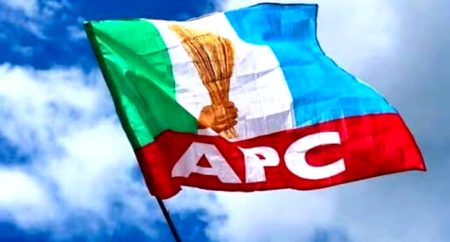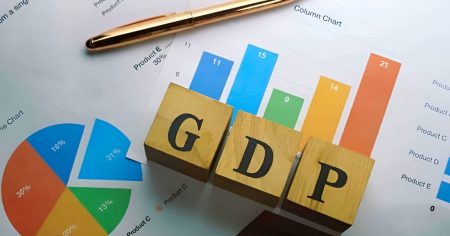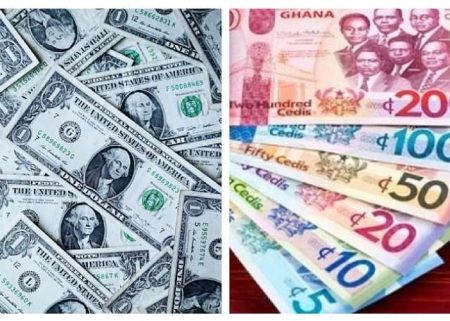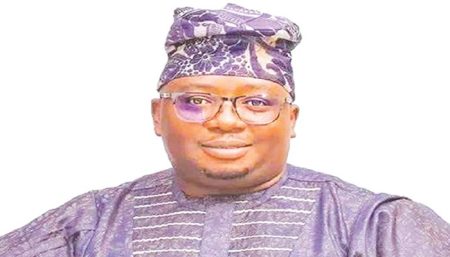The Enugu Electricity Regulatory Commission (EERC) ignited a national debate by issuing a new tariff order that reduced electricity costs for Band A customers from N209 per kilowatt-hour to N160/kWh. This decision, slated to take effect on August 1, 2025, was met with immediate opposition from power generation and distribution companies (Gencos and Discos). The Gencos, already burdened by over N5 trillion in unpaid debts, argued that the reduced tariff would further cripple the power sector. They asserted that the EERC’s decision was based on unrealistic subsidy assumptions and failed to reflect the true cost of electricity generation. They also questioned the Enugu State government’s assumption that the Federal Government would continue to subsidize electricity, especially given that the 2025 budget allocation for electricity support fell significantly short of the sector’s needs.
Despite the backlash, the EERC stood by its decision, emphasizing that it adhered to all necessary procedures in arriving at the new tariff. The commission argued that the reduced tariff was justified by the Federal Government’s existing subsidy on power generation, which they intended to pass on to consumers. This move by Enugu emboldened other states with independent electricity regulatory powers conferred by the Electricity Act 2023, including Ondo, Plateau, and Lagos, to consider similar tariff reductions. These states expressed their intention to improve living standards for their residents by lowering electricity costs. However, the Discos operating within these states cautioned that any tariff cuts would require the states to cover the resulting shortfall without relying on the already financially strained Federal Government.
The EERC chairman, Chijioke Okonkwo, defended the tariff reduction, explaining that it resulted from a six-month review of MainPower’s (the new subsidiary of the Enugu Electricity Distribution Company) tariff and license applications. He stated that the review process considered MainPower’s operating data, including customer numbers, losses, asset base, capital expenditure projections, and service improvement plans. Okonkwo maintained that the revised tariff was cost-reflective and incorporated the Federal Government’s power generation subsidy. He acknowledged that the current affordability could be jeopardized if the Federal Government withdrew its subsidy, potentially driving tariffs above the reduced N160/kWh for Band A customers.
The Gencos, represented by their spokesperson, Joy Ogaji, vehemently disputed the notion of a government subsidy, characterizing it instead as accumulated debt. Ogaji pointed out that the EERC’s order only accounted for N45 per kWh of the actual N112 generation cost, leaving a substantial gap that the EERC assumed would be covered by the Federal Government. Ogaji questioned the sustainability of this model, emphasizing the already massive debt burden faced by power generators and the inadequacy of the government’s budgeted electricity support. She also raised concerns about the implications of EERC’s decision for other states seeking regulatory autonomy and the potential impact on attracting investors.
Reactions from other states varied. Plateau State expressed its commitment to reducing tariffs, while Lagos indicated that it was studying the situation in Enugu before announcing its own plan. Ekiti State, however, adopted a more cautious approach, opting to remain under the National Electricity Regulatory Commission’s Multi-Year Tariff Order (MYTO) for the time being to continue benefiting from national subsidies. This strategy reflects a recognition of the financial implications of independent tariff setting and a desire to ensure sustainable electricity provision.
Discos remained critical of the proposed tariff cuts, arguing that they were unrealistic and unsustainable without adequate cost recovery mechanisms. A Disco official questioned the EERC’s authority to implement such a drastic reduction and expressed doubts about the state’s ability to cover the resulting shortfall. The official stressed the importance of cost recovery for attracting investment and questioned Enugu’s ability to shoulder the financial burden. He emphasized that while subsidies can be beneficial when targeted at vulnerable populations, they should not be applied indiscriminately, particularly to those who can afford to pay market rates. He further cautioned that states could no longer rely on the Federal Government to cover tariff shortfalls for Band A customers, as subsidies for that category had already been removed.
The Enugu tariff cut triggered broader discussion among power sector experts. Tayo Adegbenle, founder of PowerUp Nigeria, expressed skepticism about the EERC’s data and questioned the assumption of continued federal subsidies. He also anticipated responses from national regulatory bodies regarding the legality and feasibility of Enugu’s actions. Another stakeholder, Bode Fadipe, acknowledged the evolving nature of the situation and adopted a wait-and-see approach regarding the EERC’s intentions and the long-term implications of the tariff reduction. This ongoing debate highlights the complex interplay between state autonomy, cost recovery, and affordability in the Nigerian power sector. The outcome of the Enugu case will likely influence the approach taken by other states seeking to control their electricity markets and could have significant implications for the sector’s financial viability and the accessibility of electricity for consumers.


